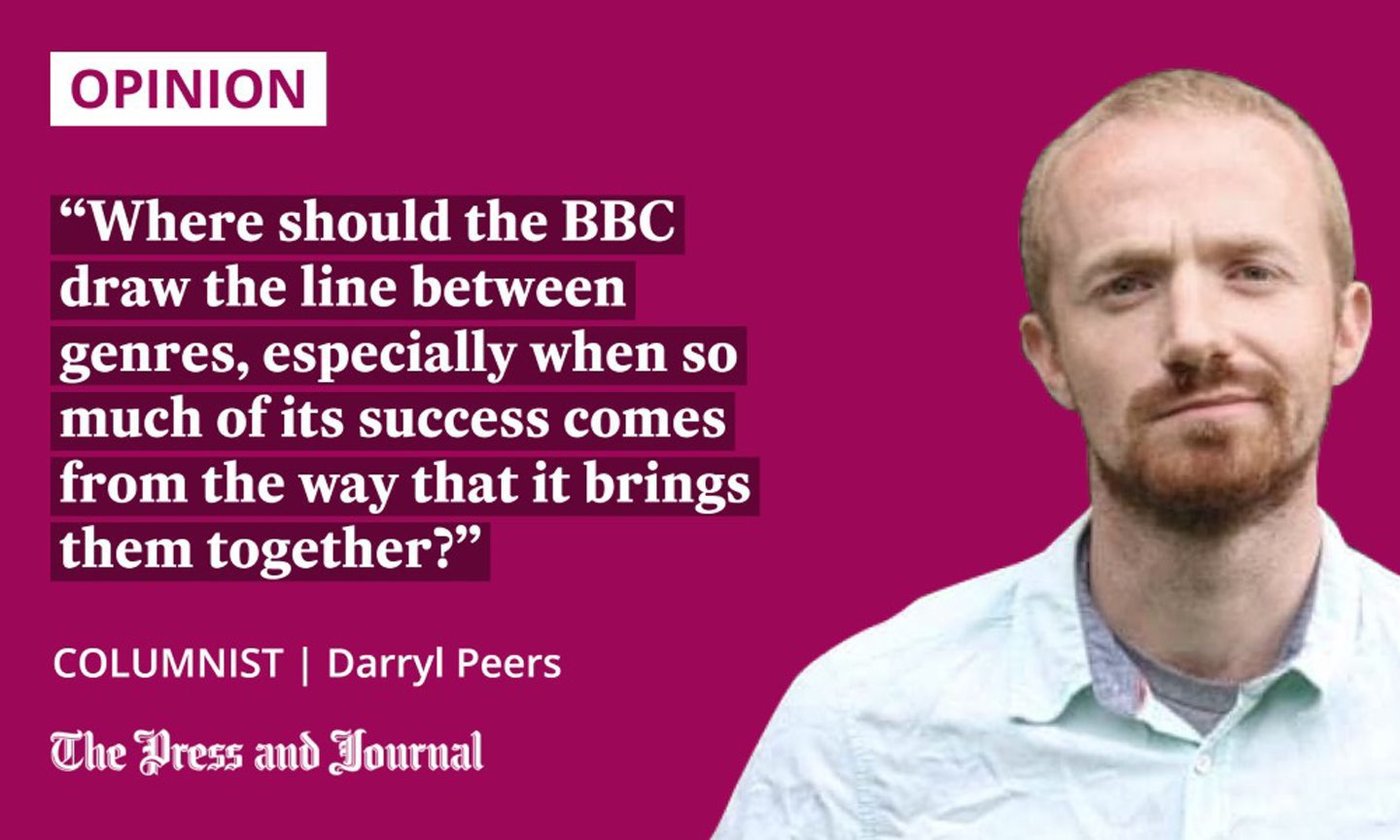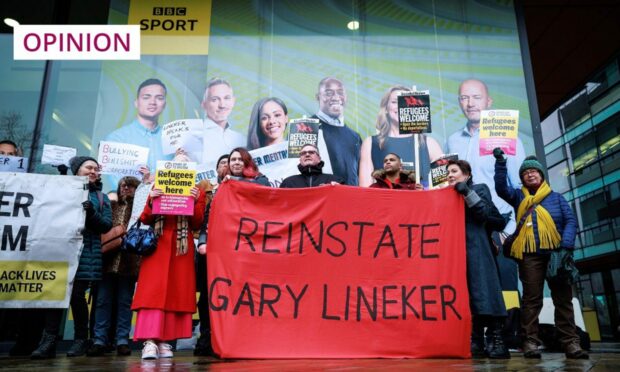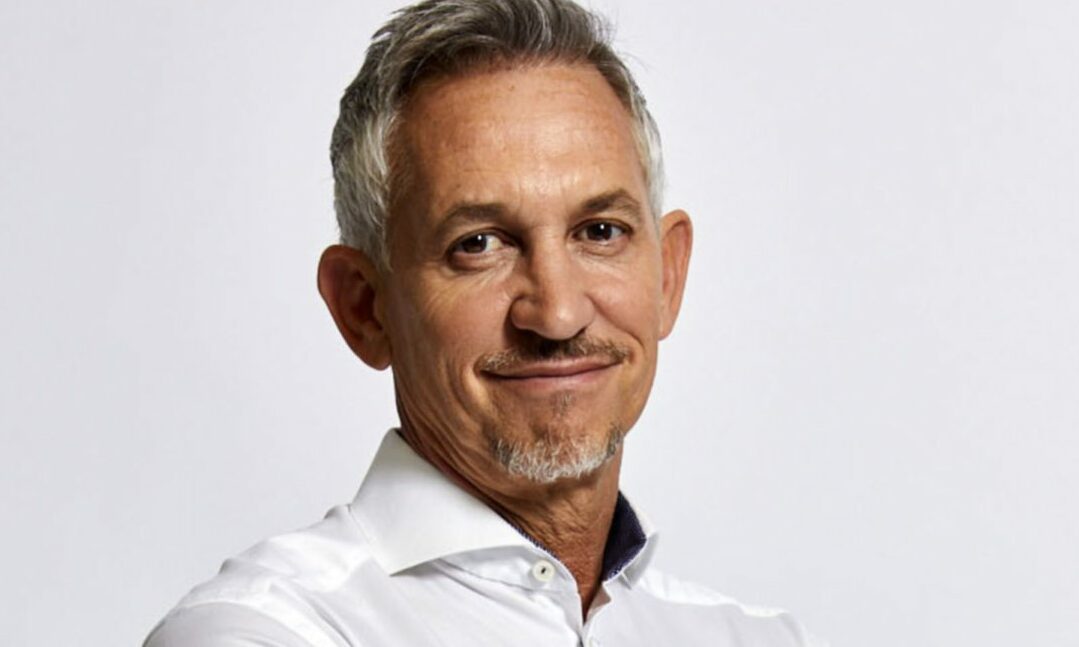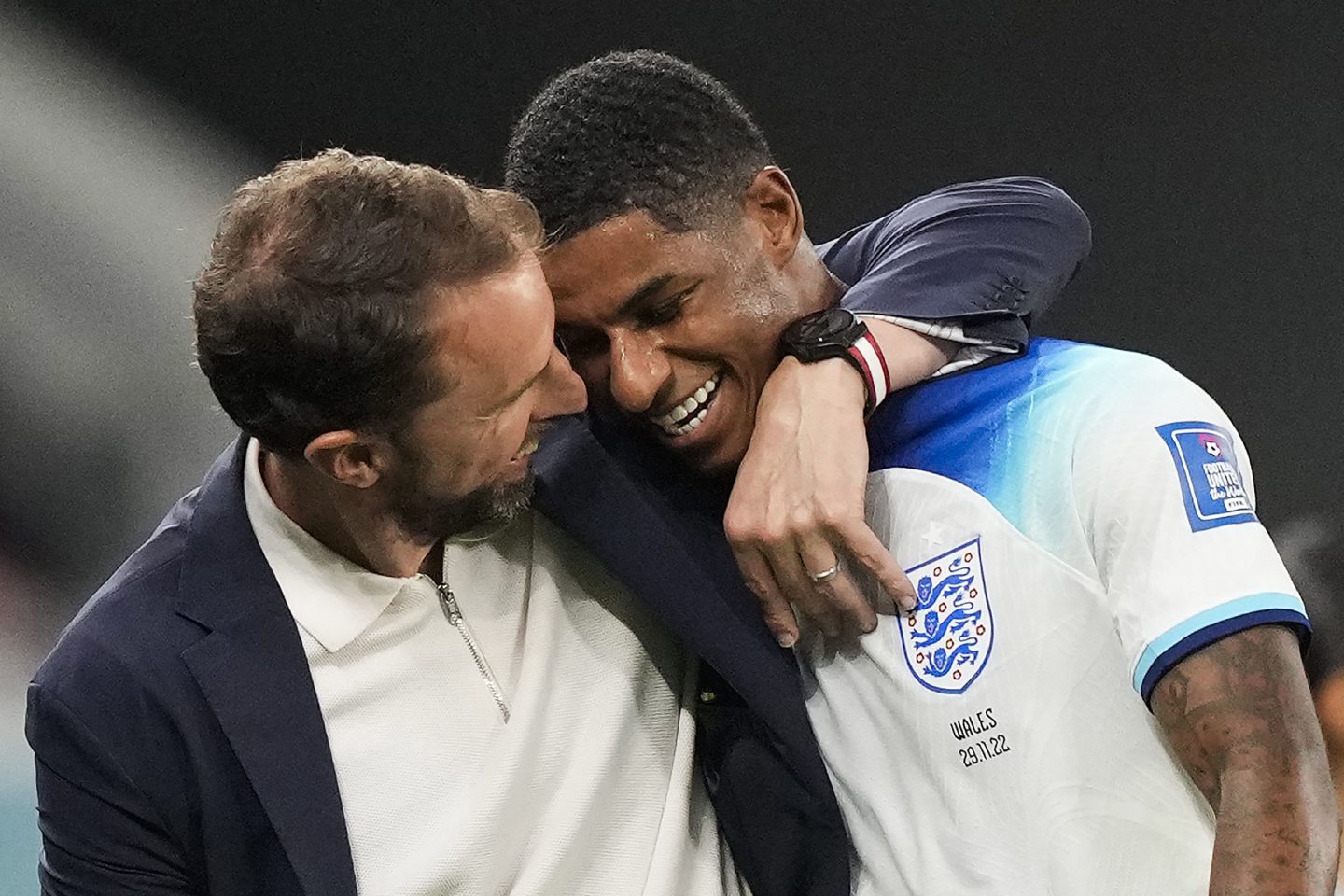Arguably, removing Gary Lineker from Match of the Day was a reactionary response to disapproval the BBC should have risen above, writes Darryl Peers.
One of the BBC’s strongest assets is its aspiration to impartiality. Whatever stance one takes on whether it achieves that, it is already miles ahead of much of the UK’s press by setting itself that goal.
There are a number of newspapers in the UK which foreground right-wing voices and ideas. This does not prevent them from holding the Conservative government to account, as we have seen in the Telegraph’s recent work on Matt Hancock’s WhatsApp messages. However, it does mean that issues such as the small boats border crossings receive inflated coverage, or that those stories are told in a way so as to whip up scandal and division.
A reader hoping to find a more balanced source of news does not have many other places to turn. There are left-wing newspapers which, while offering counterpoints to the right-wing press juggernaut, often feel similarly bound to particular points of view. Ideologically flexible and case-by-case coverage is harder to come by.
In this landscape, the BBC – and other broadcasters, such as Sky, ITV, Global, and Channel 4 – continue to inhabit an important space by intending to offer news without an accompanying ideology. I am not saying that they do or do not achieve this. Sometimes, a claim to have “no ideology” is an unwillingness to contend with the implications of one’s point of view.

I do not mean to idolise the BBC, but its reach outstrips its competitors, in part because it has popular programming that spans different media. Over TV, radio, and written forms, the BBC mixes news with entertainment in interesting and – importantly – advert-free ways, attracting substantial daily audiences.
Given the BBC’s role in dispersing information throughout the UK, it is understandable that debates over whether it is honouring its commitment to impartiality gain so much attention. The arguments surrounding Gary Lineker’s tweets drew comment from all quarters, with statements on the subject made by the prime minister and the leader of the opposition.
Lineker row shows how precarious BBC’s position is
How does a broadcaster of the BBC’s size maintain a perception of political neutrality when its representatives and associates span the worlds of culture and sport, as well as politics and news? Where should the BBC draw the line between these genres, especially when so much of its success comes from the way that it brings them together?
The Lineker story shows how precarious a position the BBC is in. Figures from the Conservative Party and government came forward to question the necessity of the licence fee. While Tim Davie, the BBC director general, has said that the BBC should not get involved in party political matters, how is it meant to respond when political parties seek to interfere with it?
The BBC is perhaps at its most potent when it does not hit back against its critics but, rather, when it demonstrates its value by simply continuing its work. Arguably, removing Gary Lineker from Match of the Day was a reactionary response to one-sided criticism.
The resulting BBC Sport boycott was such a powerful symbol because the broadcaster’s sports coverage is so popular. More popular, it might be said, than the political figures who had called for the licence fee or for Gary Lineker’s position to be reviewed.
There is danger in sharing opinions
There are limits to the values of impartiality. Regularly, I find myself looking for news coverage from journalists more willing to provide analysis into what’s behind the stories of the day. BBC correspondents and editors often want to avoid being seen to take one side or the other. Sometimes this means they skate on the surface of an issue.
For this reason, I’ve sought out podcasts such as The News Agents, presented by Emily Maitlis, Jon Sopel, and Lewis Goodall – all former BBC journalists. They carry from their BBC days a commitment to balance, leaving it to listeners to draw their own conclusions, but speak with more freedom on what they think is at stake in one story or another.
There is so much danger in sharing one’s opinion. Even by sharing a podcast that I listen to, I risk being pigeonholed as one of what Liz Truss would call the “anti-growth coalition”.
Lineker risked being typecast as an out-of-touch liberal elite when he spoke out in support of refugees. Marcus Rashford risked being told to get back to playing football when he advocated for free school meals.
In our present, polarised climate, commentators often make out that the opinions of the people with whom they disagree are just a symptom of the social echo chamber in which the other side lives. These commentators hope to dismiss arguments by discrediting the people associated with them, rather than doing the intellectual work of offering a more convincing alternative.
Why bother setting out a reasoned and compassionate case for the UK Government’s small boats legislation, when you can drum up a storm about the BBC and Gary Lineker instead?
Darryl Peers is a writer from the north-east of Scotland



Conversation